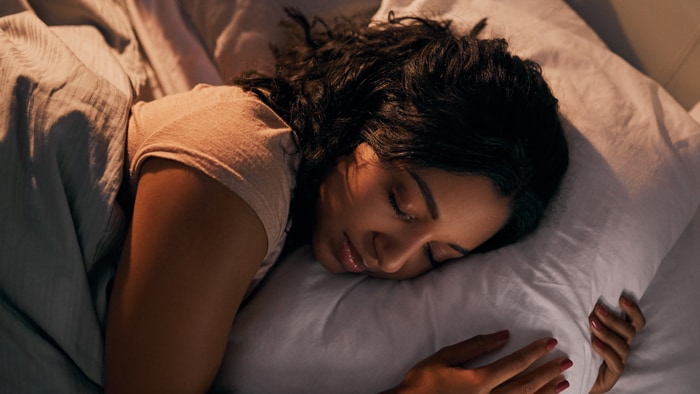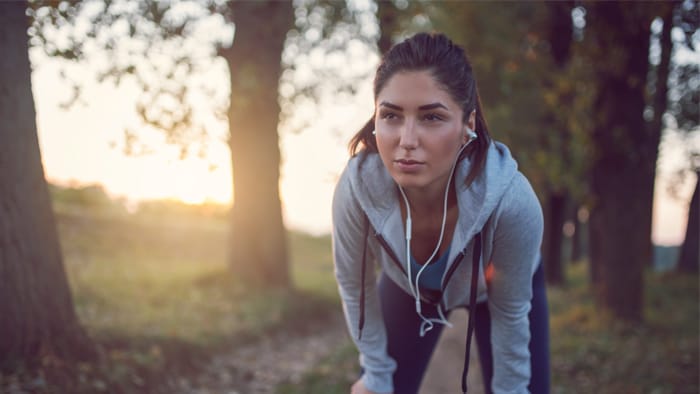Is fido making it hard to sleep?
By Gina Roberts-Grey Having a furry sleep companion isn’t unusual if you’re a pet lover. Pets provide companionship and love, even for those with a human sleep partner. But cuddling up with your living, breathing stuffed animal may interrupt sweet dreams. Dr. Jules Benson, vice president, Veterinary Services at Petplan Pet Insurance, said there are health risks to both humans and dogs associated with having your pet in bed. If you’re a sound sleeper, there’s the chance you might roll over onto your dog, resulting in injury to the dog or to you if your dog bites you. A small dog also could get trapped in bedding and become injured or even suffocate. And that’s especially relevant when contemplating sleeping with a puppy. “First and foremost, puppies should not be sharing a bed with their owners,” he said. “This is particularly hard to resist if your new puppy whines through the night, but the best place for a puppy is in a crate.” Not only are puppies not house-trained, Dr. Benson said their temperament is not established, which makes them potentially dangerous to sleep with. If you should roll on to your dog or startle it by moving or getting up suddenly, the dog may feel threatened and react by biting you or anyone else in the bed. “It’s unlikely you’ll be seriously injured by a 9-week-old puppy, but a large-breed 6-month-old does have the potential to cause some real damage if they bite,” Benson noted. If your dog hogs the bed, you could also find it tough to sleep. Dr. Benson said it’s common for dogs to “spread out” and sleep with all four legs splayed out. And that might limit the amount of room you have, making it tough to find a comfortable sleep position. Even if your sinuses tolerate your dog’s dander throughout your home, a dog’s presence in your bed can trigger an allergic reaction or clog your sinuses, making it tough to breathe while sleeping. Having your dog’s dander on your pillow and bedding can be irritating. Plus, dogs can track in allergens such as mold and pollen from outside and deposit those allergens on your bed. However, sharing the bed with your pet is a personal decision, Benson said. “If you choose to have your dog sleep in the bed with you, it is best to wait until [it] is an adult. This way, [it] will be properly potty trained and will have learned good manners.” You’ll also have a good idea of the dog’s temperament, including whether it snaps if startled or woken suddenly. “Dogs who share the bed should be taught the ‘off’ command and prove they are capable of obeying it,” Benson added. Remember: It is YOUR bed; you’re just allowing your dog to share it with you.



